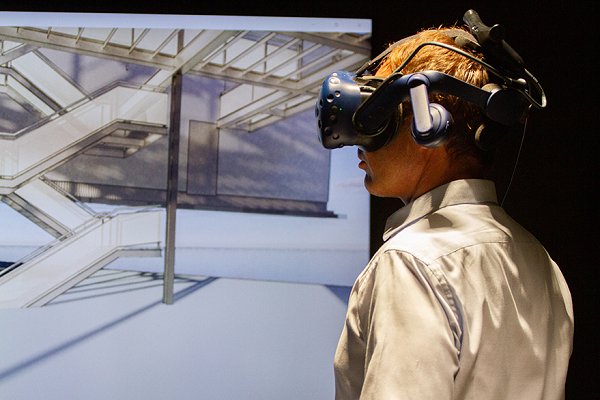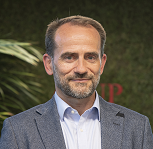The Spanish subsidiary is Arup's largest in Southern Europe, as well as having a presence in Latin America and other regions
British-based Arup was born out of the conviction that “a more collaborative and open approach to engineering would lead to higher quality work and lasting relevance,” explains its Managing Director for Spain, Ramón Rodríguez. The company implements projects in the fields of building, urban planning and civil and industrial engineering, as well as technical consultancy and integrated project management “that generate a positive social and environmental impact on their surroundings”.
With over 7,000 clients in 33 countries, in 2022Arup achieved a turnover of 26 million euros in Spain, where it has had a presence since 1993. This is therefore a financial result that seems to consolidate its presence in Spain, where it is currently engaged in more than 230 ongoing projects. With headquarters in Madrid and over 250 employees, its track record includes projects like the Sagrada Familia cathedral in Barcelona, the Madrid Nuevo Norte urban redevelopment programme and the Metropol Parasol structure in Seville.

What was Arup's goal when it arrived in Spain?
Arup landed in Spain almost 30 years ago with the aim of furthering its mission of developing a sustainable built environment. The firm started working nationally in the field of building engineering. Thirty years later, the team in Spain offers multidisciplinary services, from strategic consulting, energy and sustainability and mobility advice to urban planning and data processing centre development.
How was Arup received by the market?
As with all projects, when you start operating in a market and a country you need a period of learning and adaptation, but, thanks to the conviction and effort of the people who established the Arup office in Spain, we are now in this position. We should also bear in mind that sustainability and sustainable development were not on the agenda for governments or companies30 years ago, so perhaps our message was not as strong and our (sustainable development) services were not as in demand. However, the organic growth that we have been experiencing, as a result of the hard work carried out over the years, as well as the evolution that society has undergone in setting environmental priorities, have allowed us to now establish ourselves as one of the leading firms nationally in this area.
What profiles do your employees have?
Arup currently has an office in Spain, located in Madrid, which houses our over 250 highly qualified engineers, consultants and designers who work for the company in both the national market and internationally. But beyond their technical skills, the common denominator for the professionals who make up the firm is their collaborative nature, which allows them to work cross-functionally in multidisciplinary teams at an international level, sharing global knowledge and experience at all times and applying local solutions in response to clients’ needs.
What have been Arup's major investments in Spain?
Arup has been involved in major projects, both in Spain and in the 140 countries in which it has operated, including the world-famous Sydney Opera House and London's High Speed 2 rail line. As for the national market, , we have participated in a large number of projects of all kinds throughout our 30 years of operations, with some of the most significant being the Metropol Parasol in Seville, one of the most characteristic features of the Andalusian city, and the Bridge Pavilion, developed for the Zaragoza Expo 2008. I would also highlight some more recent contributions, such as the six remaining towers of the Sagrada Familia, planned for 2026, or designing and planning the Madrid Nuevo Norte urban development project.
How important is Spain for the company's strategy?
To put the size and internationality of the company into focus, Arup employs over 18,000 people and has offices in 33 countries. In this context, it is clear that all the offices are important for the overall success of the company. The office in Spain is as a result increasingly important for the firm's global aims, thanks to its constant turnover growth, the number and magnitude of projects and the size of the workforce, which has allowed it to establish itself as the largest office in Southern Europe that also covers other regions, such as Latin America.
What kind of clients do you work for?
Arup's client portfolio is mainly private, but through sustainable mobility plans and the emergence of Next Generation funds, we are expanding our involvement in projects for public authorities. At Arup, we truly engage in and develop projects that allow us to generate a positive impact on society, and through which we can contribute to sustainable development, strengthening the resilience of communities and natural systems and accelerating the transition towards decarbonisation and net zero emissions.
After a turnover of 26 million euros last year, what investments do you have in mind for the medium and long term?
2022 was a very positive year for Arup in Spain. The increase in turnover, resulting from a greater number of projects, confirms that we are on the right track and reaffirms the growth that the company has been experiencing for years in the national market. Looking ahead to 2023, we expect to maintain this trend by addressing society's new challenges in the areas of sustainability and digitisation of the building sector and transport infrastructure, as well as in energy, water and the environment, and in order to exceed the financial results obtained in the previous year.
Photos: Arup



